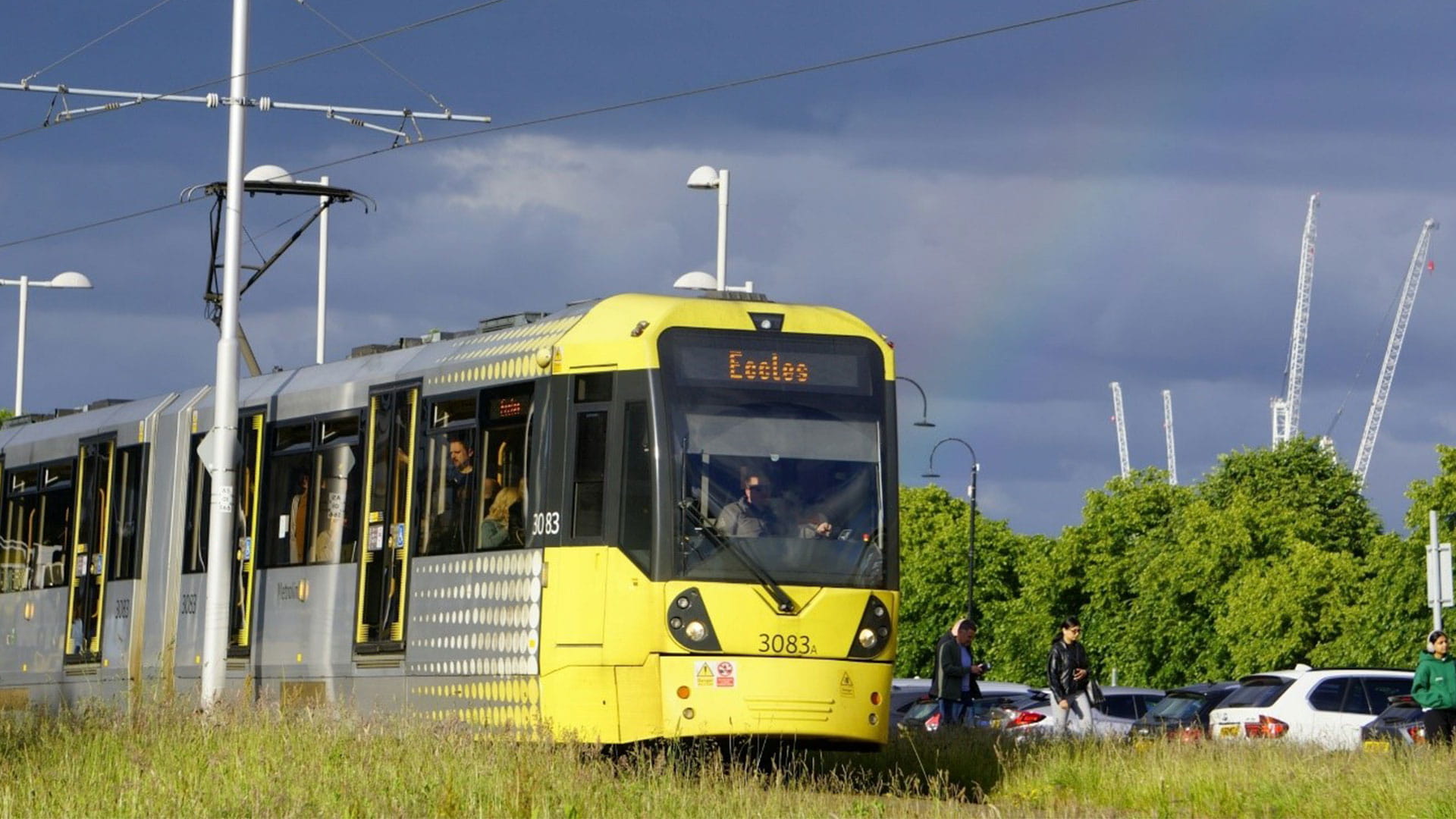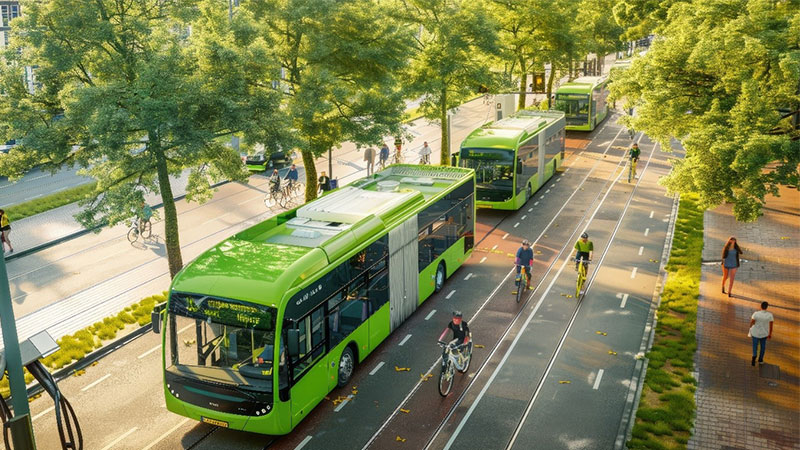Driving change in Manchester - is better public transport enough?

To investigate this, I conducted a study as part of my master’s dissertation and dived deep into Manchester’s Metrolink system as it represents one of the UK’s most prominent light rail networks outside of London, offering a unique opportunity to isolate and evaluate the effects of a rail based public transport intervention on car ownership.
The Metrolink has expanded in phases since it first launched in 1992. The goal was to offer a reliable alternative to driving, reduce congestion, and improve air quality. But has it actually led to fewer people owning cars? To find out, I studied census data from 2001, 2011, and 2021, looking at how car ownership levels (car per household) changed in areas (LSOA level) where the Metrolink was introduced versus areas where it wasn’t.
How was the study conducted?
To analyse the Metrolink’s impact on car ownership, I used the Difference-in-Difference (DiD) method to compare changes in car ownership in areas affected by the Metrolink (treatment group) with areas that remained untouched by the tram expansion (control group).
The study also accounted for several confounding variables that could be impacted by the Metrolink and consequently impact car ownership rates. These included:
- Population density – More densely populated areas tend to have lower car ownership rates.
- Household size – Larger households are more likely to own multiple cars.
- Social grade – Higher-income households often have higher car ownership.
- Accommodation type – People living in apartments or rented accommodation are generally less likely to own a car.
By incorporating these variables into a linear regression model, I was able to better isolate the impact of the Metrolink itself, rather than just changes due to broader demographic trends.
What do the numbers say?
The initial analysis, which didn’t account for other variables, showed no statistically significant impact of the Metrolink on car ownership. However, when adjusting for confounding factors through the linear regression model, a different picture emerged.
After accounting for population density, household size, social grade, and accommodation type, it became clear that the Metrolink did reduce car ownership, though the effect varied across different phases:
- Phase 1: Car ownership dropped by 6% in affected areas.
- Phase 2: Car ownership dropped by 10.9% in affected areas.
- Phase 3A: Car ownership dropped by 3.8% in affected areas.
These findings indicate that while the Metrolink did help lower car ownership, the impact was not uniform across different expansion phases. The second phase, which included more densely populated areas, had the most significant reduction in car ownership. In the case of Phase 3A, its relatively recent launch could be attributed to the smaller impact it had on car ownership.
The bigger picture
So, does better public transport reduce car ownership? The answer, based on this study, is yes - but with caveats. The Manchester Metrolink has played a role in reducing car ownership, particularly in certain areas. However, it’s clear that public transport improvements alone won’t completely replace the car. A more comprehensive and coordinated approach - including urban planning, policy changes, and investment in alternative transport modes - is essential for cities looking to reduce car dependence in the long run.
International studies highlight that reducing car ownership requires a combination of measures, such as:
- Congestion charges – Discouraging driving in city centers.
- Improved cycling and walking infrastructure – Making alternatives to cars more attractive.
- Policies that limit parking availability – Reducing incentives to own a car.
- Affordable and well-connected public transport – Ensuring that switching from cars is a convenient option.

ITP brings extensive expertise in delivering public transport projects and provides strategic advice to both public and private sector clients across the UK and internationally. Our work focuses on improving public transport systems to better serve local travel needs.
Our experts are happy to assist you
Experts team Public transport planning
Public transport planning
Discover how we can support you to with public transport reform, fares and ticketing schemes and network reviews.
